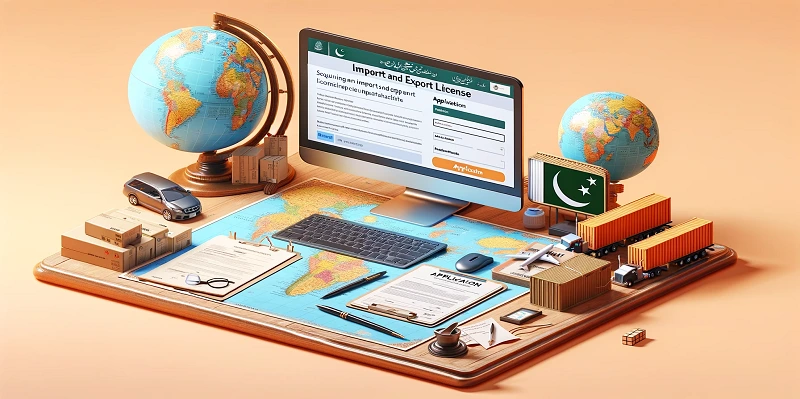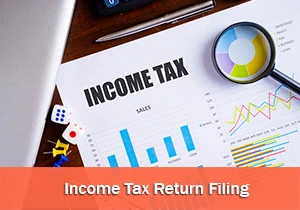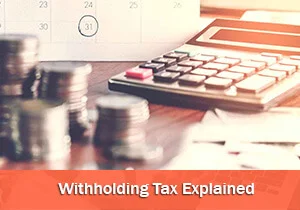
To score your import and export licence in Pakistan, think of it like officially stamping your business into the global trading scene. Register your business, fill out the paperwork, and shoot your application over to the local Chamber of Commerce or the Federal Board of Revenue. This isn't just about some odd paperwork; it's like getting the golden key to open doors worldwide for your business journey. Picture it as easy as ordering your favourite dish at a restaurant – no fancy trade jargon, just a friendly chat about making those trade rules work in your favour. Excited? Let's dive into this adventure together!
Table Of Content
Documents Required For Import/Export Licence In Pakistan
In the complex world of import and export licensing in Pakistan, the necessary documents paint a vivid picture, each brushstroke varying with the business entity's nature. Here's a snapshot of the essentials:
For Solo Adventurers (Proprietor Business):
- Unveil your business persona with a copy of your CNIC.
- Showcase the NTN, echoing your business's name and address.
- Share the personal symphony – your mobile and email coordinates.
For Partnership Firm:
- Present the choreography – Form C unveiling the partnership.
- Let the Registered Partnership Deed be the music sheet.
- Introduce the CNICs, the harmonious ensemble of partners.
- Hand over the Authority Letter, designating a partner or maestro for the application performance.
- Share the mobile and email addresses – the contact notes for the Partnership Firm.
- Echo the NTN tunes for both the Partnership Firm and its partners.
For Company:
- Display certified copies of FORM II, MOA, AOA, and the Incorporation Certificate – the company's grand composition.
- Unfold the certified copy of the Incorporation Certificate, Form A, Form 28, and Form 29 for companies that have danced in the business ball for more than a year.
- Let the Resolution be the script, supporting any director, chief executive, or official to lead the application performance.
- Present the CNICs of the Directors and Chief Executive – the faces of the corporate drama.
- Chime in with the NTN, the corporate anthem.
- Share the mobile and email contacts – the backstage pass for the Company's communication symphony.
It's important to note that this is a general list, and specific requirements may vary. Always refer to the guidelines provided by the relevant authorities, such as the Pakistan Customs or the Trade Development Authority of Pakistan (TDAP), for the most accurate and up-to-date information.
How Businesses Secure Import & Export Licences: A Quick Guide
Getting Registered:
Show that your business is official by sharing proof of registration, like the Memorandum & Articles of Association. Throw in your financial statements from the last two years or more.
Applying for the Licence:
Head to the local Chamber of Commerce or the Federal Board of Revenue to apply for your import/export licence. Tell them about your goods, where they're going, and where they're from.
Documents:
Hand over the necessary documents to prove your business is legit and above board.
Waiting for the Nod:
Now, sit tight and wait for the thumbs up from the authorities. They'll take a good look at your application.
Licence in Hand:
Once you get the green light, your business gets a shiny new import/export licence.
Let the Trading Begin:
Now, armed with that licence, you're free to dive into international trade within Pakistan's borders.
This whole journey is like a carefully choreographed dance, guiding businesses step by step through the twists and turns of international trade in Pakistan. From getting on the register to waving that import/export licence proudly, it's a roadmap to becoming a respected player in the global marketplace. Here's to smooth sailing and successful trading!
Types of Import and Export Licences in Pakistan
The import and export licensing system in Pakistan categorises licences based on the scope of activities and the types of goods involved. Here's a breakdown of the different licences and their specific purposes:
Importer Licence:
- Purpose: Authorises businesses to bring goods into Pakistan for commercial use.
-
Goods Examples:
- Machinery and equipment
- Raw materials and components
- Consumer goods and electronics
- Agricultural products and textiles
- Pharmaceuticals and medical supplies
- Wholesalers & Distributors: Bulk sellers and supply chain champs, take note.
- Retailers: Running a shop? If your annual sales hit the FBR's set limit, sign up.
- Service Providers: Only if you deal in goods along with services.
- Online Businesses: Selling goods online? The digital marketplace demands your registration too.
Exporter Licence:
- Purpose: Essential for businesses exporting goods from Pakistan to international markets.
-
Goods Examples:
- Textiles and apparel
- Handicrafts and leather products
- Agricultural products and processed foods
- Engineering goods and machinery
- Gems and jewellery
Commercial Importer-Exporter Licence:
- Purpose: A comprehensive licence allowing businesses to both import and export goods.
- Goods Examples: Encompasses all goods covered by Importer and Exporter Licences.
In addition to these, specialised licences cater to specific industries. For instance, pharmaceuticals require a Drug Manufacturing Licence, and handling medical devices necessitates a Medical Devices Establishment Licence.
Purpose Of Using Import/Export Licence
- Importer Licence: Smooth importation of goods, ensuring compliance with regulations and duties.
- Exporter Licence: Facilitates the exportation of goods, ensuring adherence to regulations and quality standards.
- Commercial Importer-Exporter Licence: A comprehensive ticket, streamlining both import and export activities
In essence, obtaining an import/export licence in Pakistan opens doors to global trade. It's not just paperwork; it's a key unlocking international opportunities. So, armed with approvals and paperwork, businesses embark on a journey not just of deals but of establishing a robust global presence. Here's to a seamless voyage and prosperous trade!


